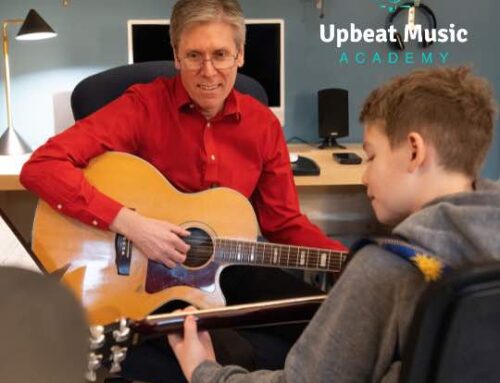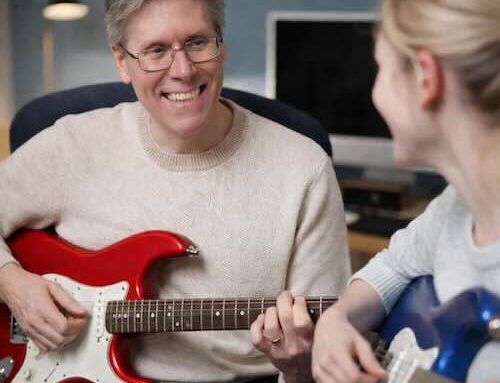
Remember that dusty childhood piano collecting cobwebs in the corner? You might be surprised to learn it holds the key to more than just nostalgic melodies. For many adults, the idea of learning piano conjures images of frustrated children plinking out scales. But what if I told you that tickling the ivories could be the secret weapon to a sharper mind, a calmer spirit, and a newfound creative outlet? Believe it or not, studies show that picking up the piano in your golden years can unlock a treasure trove of benefits that go far beyond the joy of playing “Chopsticks.”
This article dives into the surprising advantages of learning piano as an adult, exploring how it can boost your brainpower, melt away stress, and even enhance your overall well-being. We’ll also unveil some lesser-known perks most websites neglect to mention – because it’s never too late to unleash your inner musician and discover the magic of the piano.
Citing the Experts:
Throughout this exploration, we’ll rely on credible sources like the University of California, Irvine (https://www.arts.gov/stories/blog/2018/taking-note-two-new-research-articles-explore-long-term-benefits-musical-training)) and researchers from Edith Cowan University (https://www.ncbi.nlm.nih.gov/pmc/articles/PMC3131770/) to bring you science-backed evidence on the transformative power of piano playing for adults.
The Brain Boost: Sharper Memory and Enhanced Focus
A study by the University of California, Irvine (https://www.arts.gov/stories/blog/2018/taking-note-two-new-research-articles-explore-long-term-benefits-musical-training)) revealed that playing piano strengthens the connections between brain cells, leading to improved memory, focus, and even spatial reasoning skills. Think of it as a mental gym for your aging brain – the very act of deciphering sheet music, coordinating hand movements, and translating them into music is a cognitive workout that keeps your mind sharp and agile.
But Here’s the Secret Most Websites Miss:
The benefits begin way before you can flawlessly play a Mozart sonata. The process of learning itself – focusing on intricate patterns, memorizing new pieces, and overcoming challenges – is a form of brain training. It strengthens cognitive flexibility, the ability to switch between tasks and adapt to new situations, a skill that becomes increasingly valuable as we age.
From Frustration to Flow: The Stress-Melting Power of Piano
Let’s face it, adult life comes with its fair share of stress. But here’s a surprising fact: a study published in the Journal of Gerontological Nursing (https://www.ncbi.nlm.nih.gov/pmc/articles/PMC3131770/) suggests that playing piano can be a powerful stress reliever. The repetitive motions, the focus required to decipher notes, and the act of creating music itself can all have a calming effect, lowering cortisol levels (the stress hormone) and promoting relaxation. Imagine leaving work behind, sinking into the piano bench, and letting the worries of the day melt away as you lose yourself in the melody.
Beyond the Notes: The Social and Emotional Connection of Piano Lessons
Learning piano isn’t just about individual benefits. It can also open doors to a vibrant social community. Group piano classes can connect you with like-minded individuals who share your passion for music. Sharing musical experiences, performing together, or simply discussing the challenges and triumphs of learning a new instrument can foster a sense of belonging and social connection – a vital aspect of well-being, especially for adults.
So, dust off that forgotten piano, or consider investing in a new one. You might be surprised at the joy, the stress relief, and the mental boost that learning this timeless instrument can bring. Remember, it’s never too late to embark on a new musical adventure. With dedication and a little practice, you can transform from a curious beginner to a piano enthusiast, one note (and one memory boost) at a time. Unleash your inner musician, discover a newfound sense of accomplishment, and experience the magic of music in a whole new way. It’s time to rewrite the narrative – adult learners are not just students, they are music makers, and the piano is waiting to be your creative companion on this enriching journey.






